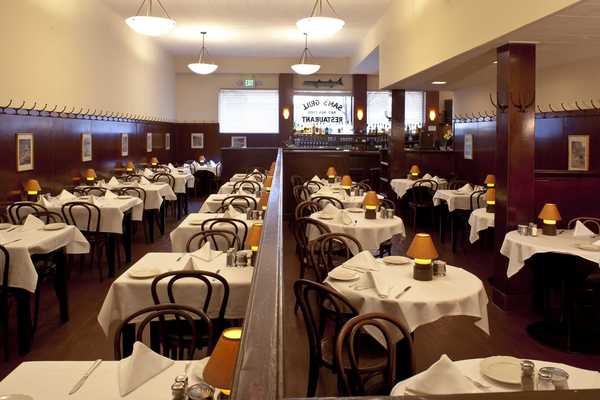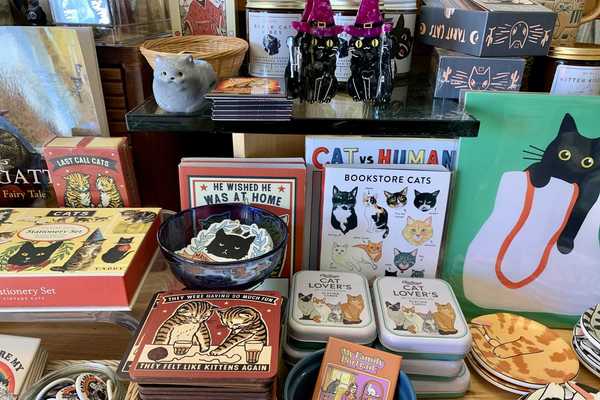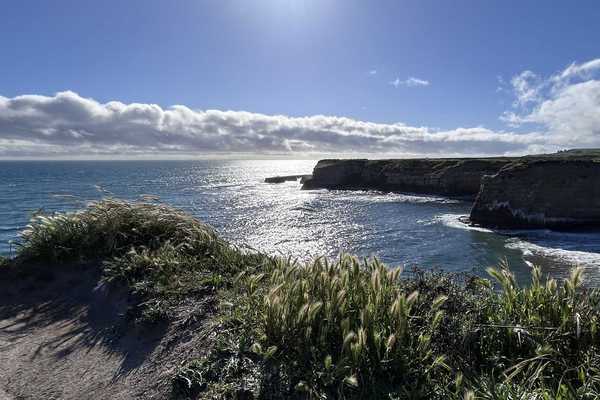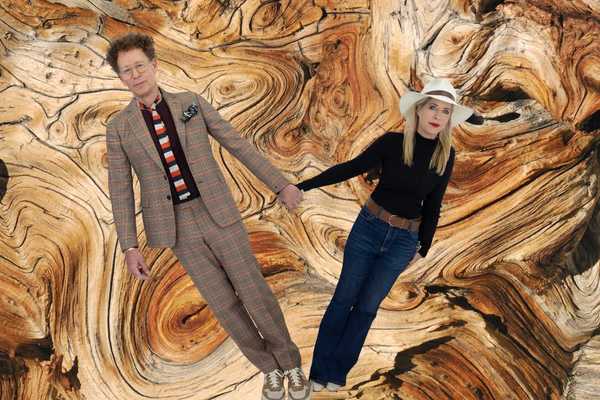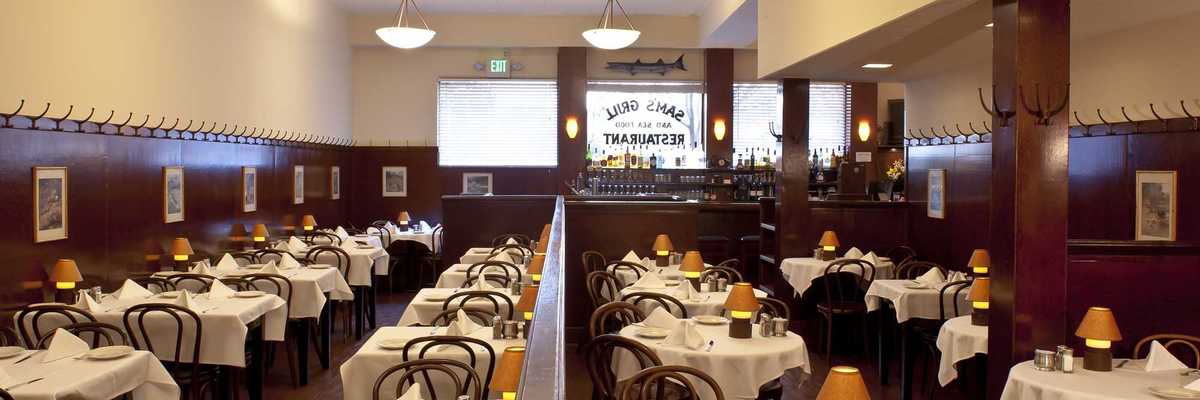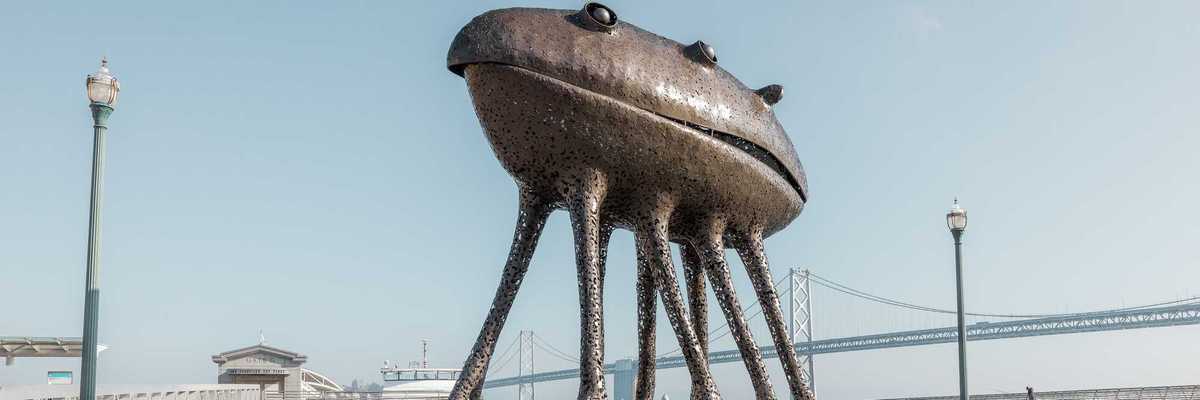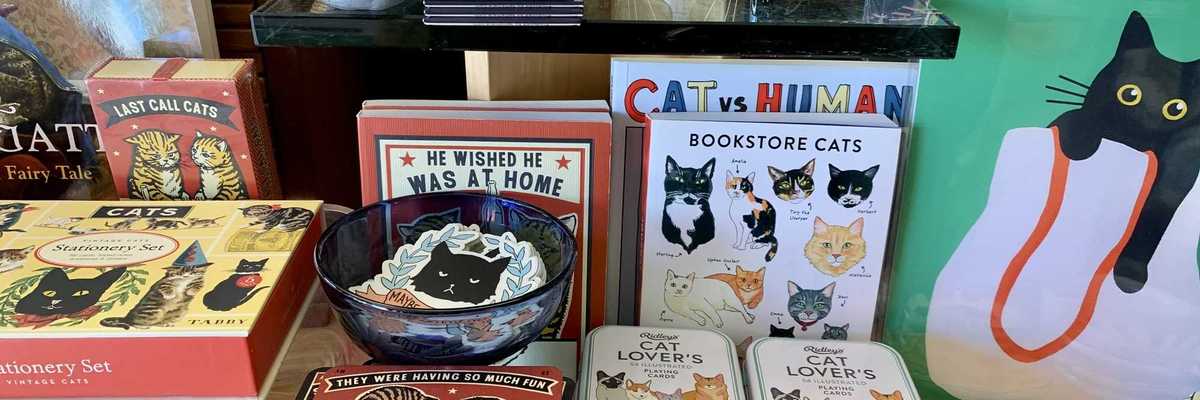“We are trying to do something that's never been pulled off -- to build a platform where it is easy for people to share what they've bought,” says Mine co-founder and CEO Pierre Legrain. “We are about creating a directory of ownership, of people and their recent purchasing history of items they want to share.”
At first glance, this may remind you of the ill-fated startup Blippy, which allowed people to see what their friends were purchasing with credit cards in real-time.
“So it turns out that almost nobody wants people to check out their purchases,” was the memorable way Alexia Tsotsis started off her Blippy obit in TechCrunch in May 2011.
Legrain is perfectly aware of Blippy’s failure and is quick to describe how Mine, which launched as an iOS app on December 10th, differs in numerous ways from that model.
“You sign in with Facebook or Twitter, and -- only If you choose -- we connect to your email address and revive the receipts from your inbox,” he explains. “You share what you want to share. We do not pull the price, but only the name and photo of product.
“We do not keep logs of your email or your activity or what you choose not to share,” he continues. “Privacy is critical to us. For example, we never see what you don't want to share.”
So Mine works as a social ownership directory. You can look up your friends and view products they choose to share, and in that way it also operates as a discovery tool for new purchases.
“I discover new grocery products all the time based on my friends' purchases,” says Legrain.
Besides discovery, Mine can serve as a tool for tracking your personal purchasing history over time.
“What excites me the most is we think that purchasing history is going to be huge on the web,” Legrain says. “Today the amount of effort companies like Google take to track your behavior on the web is massive. Why is it being done? To work out whether you are the kind of person who would buy a particular product or not. That’s incredibly inefficient and ineffective.
“It's better that you build up this database for yourself over time. It will be much more relevant to what you really like and want than the current system of following you wherever you go.”
From the point of view of those who wish to advertise relevant products to you as you move around the web, Mine could develop into an attractive new paradigm.
“You'll get ads just based on what you've chosen to share,” points out Legrain. “The old system of tracking you will become obsolete.”
Besides purchases, you can manually add any product you own, and Mine’s algorithm will search online stores to identify where it can be found.
“Our intelligent product link-matching technology will do a product search that looks to the user like an image search. We connect to all the popular product APIs on the web to create a powerful database. We continuously crawl the top 100 online stores in the U.S. to find the closest match.”
At its earliest stage, Mine focused on Amazon, Zappos, Etsy, eBay and iTunes app store, but it is adding new stores every week.
“Your purchasing history is very important thing,” says Legrain, “and we want to give you control over this central part of your identity.”




